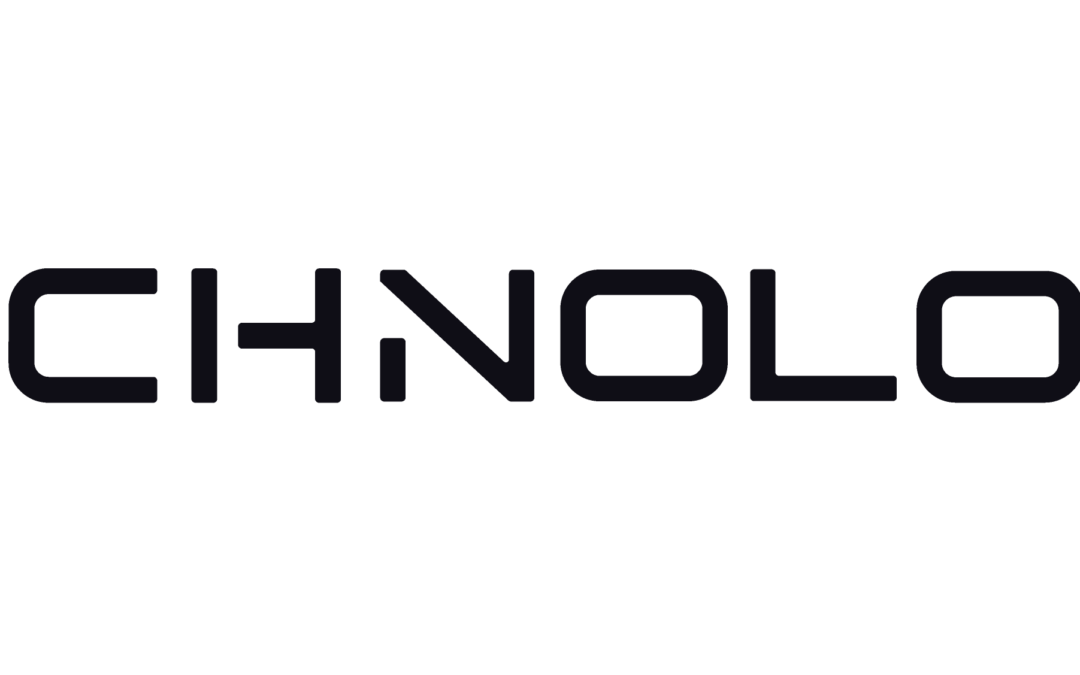LIS Technologies Inc. (“LIST” or “the Company”), a USA based, proprietary developer of a patented advanced laser technology with a wide range of applications including uranium enrichment, with several major advantages over traditional methods such as gas diffusion and centrifuges, announced that following its acquisition of the patented advanced laser technology company, CRISLA Inc., it has now been added as a registered member of the United States Department of Energy and the Office of Nuclear Energy High-Assay, Low-Enriched Uranium (HALEU) consortium.
A full list of consortium members can be found here: https://www.energy.gov/ne/haleu-consortium-members
The HALEU consortium is a U.S. Department of Energy program that offers entities involved in any stage of the nuclear fuel cycle the opportunity to partner with the Department to support the availability of HALEU for civilian domestic demonstration and commercial use. Members of the HALEU consortium are expected to play a significant role in the deployment and commercialization of advanced nuclear reactors and related infrastructure in the United States.
“It is refreshing to see how proactively the United States government has embraced the challenge of reshaping its nuclear energy goals and capabilities,” said Christo Liebenberg, CEO of LIS Technologies Inc. “Collaborating with the Department of Energy to ensure a reliable domestic source of HALEU offers several practical benefits for both the Company and the wider industry as a whole. We intend to apply the knowledge gained from this partnership to steadily enhance our innovative technologies.”

Figure 1 – U.S. Department of Energy HALEU Consortium – Office of Nuclear Energy
Compared to traditional reactor fuel that is enriched so that the concentration of the fissile isotope uranium-235 (U-235) is between 3% and 5% U-235, HALEU can reach a concentration of anywhere from 5% to 20%. It has several uses, such as producing isotopes for medical use, but is also commonly found in fuel for some research and test reactors. The main application though is that HALEU will be used to fuel the next generation Small Modular Reactors (SMRs), that will allow for more thoroughly optimized reactor cores, longer core life and increases efficiencies. TerraPower, founded by Bill Gates, delayed its Natrium reactor by at least two years last December, citing uncertain HALEU availability due to Russia’s invasion of Ukraine.
As part of the Inflation Reduction Act, $700 million has been earmarked to support the development of a domestic supply chain for HALEU. The money must be applied by 2026, underscoring how important domestic uranium enrichment capabilities are to the Biden Administration.
“The United States currently has a limited domestic capacity to deliver HALEU,” said Jeff Eerkens, Ph.D., Chief Technical Officer of LIS Technologies Inc. “It has been encouraging to see the rate at which the U.S. government has undertaken initiatives to drive transformation in the advanced nuclear energy and HALEU fuel sectors. Establishing a secure supply of this crucial fuel, both in the short and long term, at a national level, signifies a significant stride towards bolstering energy accessibility and sovereignty.”

